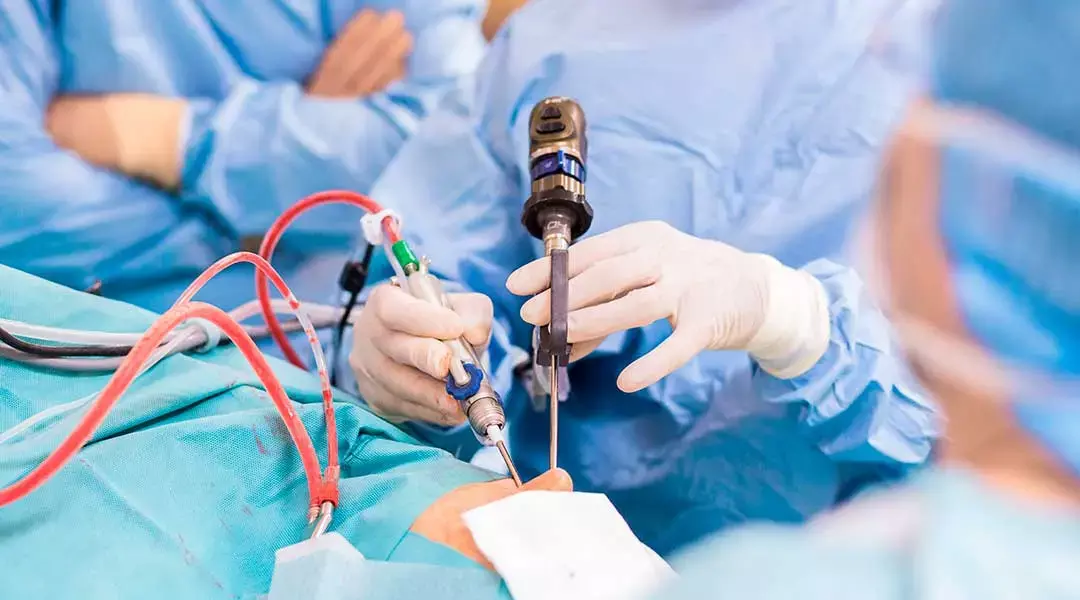- Home
- Medical news & Guidelines
- Anesthesiology
- Cardiology and CTVS
- Critical Care
- Dentistry
- Dermatology
- Diabetes and Endocrinology
- ENT
- Gastroenterology
- Medicine
- Nephrology
- Neurology
- Obstretics-Gynaecology
- Oncology
- Ophthalmology
- Orthopaedics
- Pediatrics-Neonatology
- Psychiatry
- Pulmonology
- Radiology
- Surgery
- Urology
- Laboratory Medicine
- Diet
- Nursing
- Paramedical
- Physiotherapy
- Health news
- Fact Check
- Bone Health Fact Check
- Brain Health Fact Check
- Cancer Related Fact Check
- Child Care Fact Check
- Dental and oral health fact check
- Diabetes and metabolic health fact check
- Diet and Nutrition Fact Check
- Eye and ENT Care Fact Check
- Fitness fact check
- Gut health fact check
- Heart health fact check
- Kidney health fact check
- Medical education fact check
- Men's health fact check
- Respiratory fact check
- Skin and hair care fact check
- Vaccine and Immunization fact check
- Women's health fact check
- AYUSH
- State News
- Andaman and Nicobar Islands
- Andhra Pradesh
- Arunachal Pradesh
- Assam
- Bihar
- Chandigarh
- Chattisgarh
- Dadra and Nagar Haveli
- Daman and Diu
- Delhi
- Goa
- Gujarat
- Haryana
- Himachal Pradesh
- Jammu & Kashmir
- Jharkhand
- Karnataka
- Kerala
- Ladakh
- Lakshadweep
- Madhya Pradesh
- Maharashtra
- Manipur
- Meghalaya
- Mizoram
- Nagaland
- Odisha
- Puducherry
- Punjab
- Rajasthan
- Sikkim
- Tamil Nadu
- Telangana
- Tripura
- Uttar Pradesh
- Uttrakhand
- West Bengal
- Medical Education
- Industry
Endoscopic eradication therapy improves outcomes in Barrett's Esophagus related neoplasia

In a new study it was shown that the treatment of radiofrequency ablation (RFA) is successful and long-lasting in preventing esophageal cancer. The majority of treatment relapses occur early in the course of treatment and can be effectively treated again. The findings of this study were published in Gastrointestinal Endoscopy Journal.
Long-term evidence on the effectiveness of radiofrequency ablation (RFA) in patients with dysplastic Barrett's esophagus (BE) to prevent esophageal cancer are limited. As a result, Paul Wolfson and colleagues undertook this research to see how effective RFA is in treating esophageal cancer.
Researchers collected data from 2,535 individuals with BE (mean length 5.2cm, range 1-20cm) and neoplasia (20% low-grade dysplasia, 54% high-grade dysplasia, 26% intramucosal carcinoma) who had RFA therapy in 28 UK hospitals for this study. Within two years of initiating RFA therapy, clearance rates of dysplasia (CR-D) and intestinal metaplasia (CR-IM) were measured and a detailed analysis of 1,175 patients was undertaken. Relapses and rates of CR-D (CR-D2) and CR-IM (CR-IM2) following additional therapy were also evaluated. The lack of dysplasia and intestinal metaplasia on samples taken at two consecutive endoscopies validated CR-D and CR-IM.
The results of this study were as follow:
1. The Kaplan Meier (KM) cancer rate was 4.1% ten years after starting treatment, with a crude incidence rate of 0.52 per 100 patient years.
2. After two years of therapy, the CR-D and CR-IM rates were 88% and 62.6%, respectively.
3. At 8 years, KM relapse rates were 5.9% for CR-D and 18.7% for CR-IM, with the majority occurring in the first two years.
4. Two years following retreatment, both may be successfully retreated with CR-D2, 63.4%, and CR-IM2, 70.0%.
5. EMR before RFA raised the likelihood of rescue EMR from 17.2 to 41.7% but had no effect on the rate of CR-D, whereas rescue EMR after RFA lowered CR-D from 91.4 to 79.7% (X2 p0.001).
In conclusion, in the prevention of esophageal adenocarcinoma, RFA therapy for dysplastic BE appears to be successful and long-lasting.
Reference:
Wolfson, P., Ho, K. M. A., Wilson, A., McBain, H., Hogan, A., Lipman, G., Dunn, J., Haidry, R., Novelli, M., Olivo, A., & Lovat, L. B. (2022). Endoscopic eradication therapy for Barrett's Esophagus related neoplasia. A final 10 year report from the United Kingdom National Halo Radiofrequency Ablation Registry. In Gastrointestinal Endoscopy. Elsevier BV. https://doi.org/10.1016/j.gie.2022.02.016
Medical Dialogues consists of a team of passionate medical/scientific writers, led by doctors and healthcare researchers. Our team efforts to bring you updated and timely news about the important happenings of the medical and healthcare sector. Our editorial team can be reached at editorial@medicaldialogues.in.
Dr Kamal Kant Kohli-MBBS, DTCD- a chest specialist with more than 30 years of practice and a flair for writing clinical articles, Dr Kamal Kant Kohli joined Medical Dialogues as a Chief Editor of Medical News. Besides writing articles, as an editor, he proofreads and verifies all the medical content published on Medical Dialogues including those coming from journals, studies,medical conferences,guidelines etc. Email: drkohli@medicaldialogues.in. Contact no. 011-43720751


